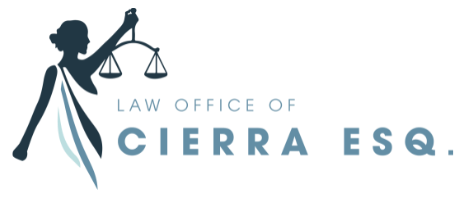Understanding Comparative Fault in Personal Injury Cases
Understanding Comparative Fault in Personal Injury Cases
In personal injury cases, determining fault is a crucial part of securing compensation. California follows a pure comparative fault system, meaning that even if you are partially responsible for an accident, you may still recover damages. At the Law Office of Cierra Esq, APC, we provide legal assistance to individuals seeking fair compensation in personal injury cases throughout California.
What Is Comparative Fault?
Comparative fault, also known as comparative negligence, is a legal principle that reduces the compensation a plaintiff can receive based on their percentage of fault in an accident. Unlike states that bar recovery if the plaintiff is more than 50% responsible, California’s pure comparative fault rule allows injured parties to recover damages regardless of their level of fault.
How Comparative Fault Works in California
Under California law, the court determines each party’s level of fault and adjusts the damages accordingly. For example:
- If you were awarded $100,000 in damages but found to be 30% at fault, your compensation would be reduced to $70,000 (100,000 - 30%).
- Even if you were 90% responsible, you could still recover 10% of the damages.
Common Scenarios Where Comparative Fault Applies
Comparative fault is often a factor in cases involving:
- Car Accidents – If both drivers contributed to the collision, fault is divided based on evidence.
- Slip and Fall Cases – A property owner may argue that a victim was distracted or ignored warning signs.
- Pedestrian Accidents – If a pedestrian crosses outside a crosswalk, they may share fault with a negligent driver.
How Fault Is Determined
Insurance companies and courts evaluate fault based on witness statements, video footage, accident reports, and expert testimony. Because insurance companies may attempt to place a higher percentage of fault on you to reduce their payout, having legal representation is critical.
Protecting Your Right to Compensation
If you’ve been injured in an accident, taking the following steps can help protect your claim:
- Seek Medical Attention – Documenting injuries is essential for proving damages.
- Gather Evidence – Take photos, obtain witness statements, and keep records of expenses.
- Avoid Admitting Fault – Statements to insurance companies can be used against you.
- Consult a Personal Injury Attorney – A lawyer can help counter unfair fault allocations and maximize your compensation.
Conclusion
Comparative fault plays a significant role in California personal injury cases, impacting the amount of compensation a victim can receive. Even if you share some responsibility for an accident, you may still recover damages. At the Law Office of Cierra Esq, APC, we assist individuals in navigating personal injury claims and ensuring fair treatment. If you’ve been injured, contact us for guidance on your legal options.










